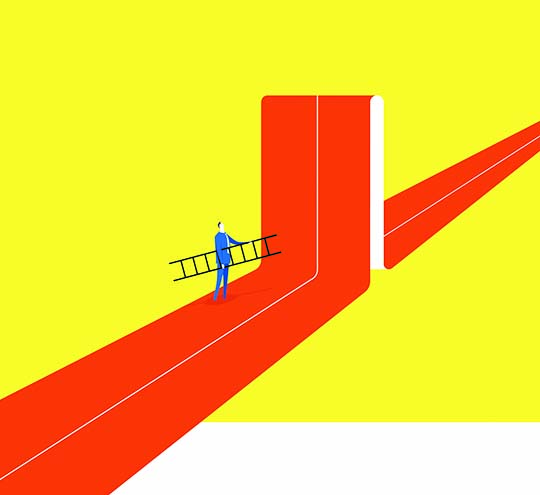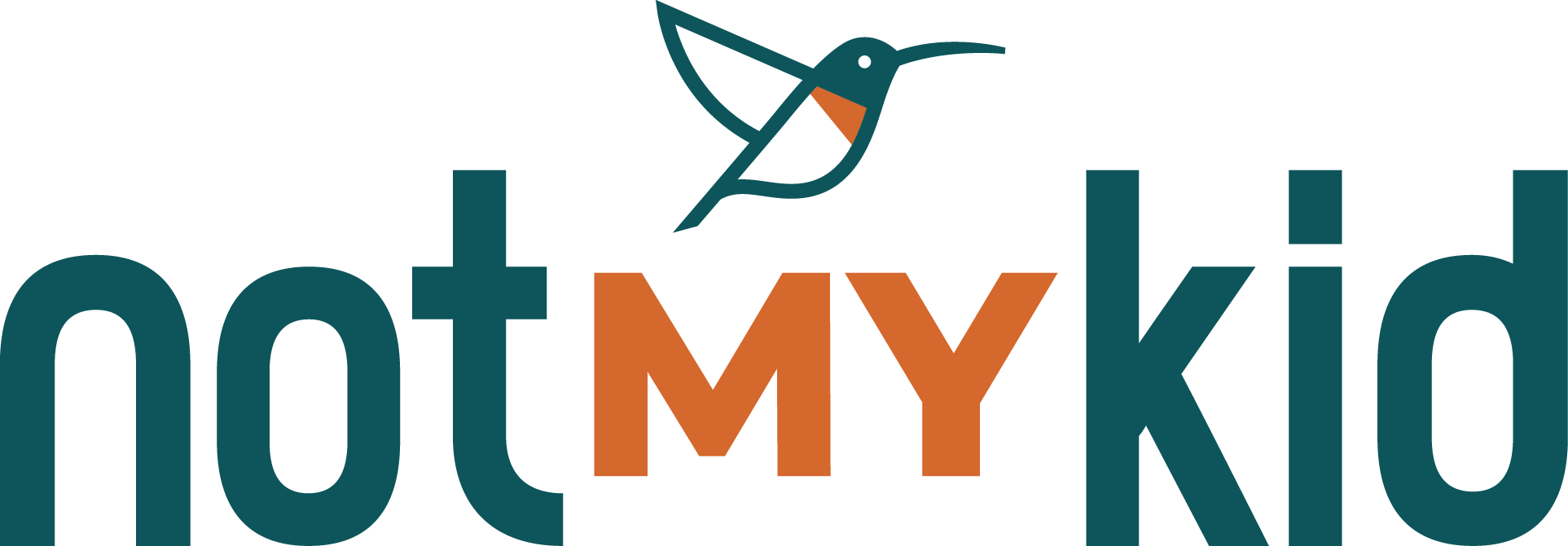I Have a Mental Health Diagnosis, is it Permanent?
By Amy Tilley, PsyD
Each year, May is designated as Mental Health Awareness Month. The National Alliance on Mental Illness (NAMI, www.nami.org) chooses a theme to highlight the incredible recovery journey of every person living with a mental illness. This year’s NAMI theme is “In Every Story, There’s Strength.”
NAMI points out that every individual is unique but there is strength within everyone. NAMI is focusing on the resilience and diversity every human being brings to the journey of recovery.
When anyone is struggling with mental health issues, it is a serious matter and can be life altering. If you or someone you know is struggling with mental illness, and have been diagnosed with a mental health disorder, you may wonder: Will my diagnosis follow me forever? For the rest of my life? There may be times in your daily routine you think, “I will never get well. It will be this way forever.”
Forever is a long time and does not necessarily need to be the truth.
A Positive Mindset
The experience of living with a mental health diagnosis is unique to each individual but this does not define you entirely. You are not “bipolar” or “depressed” or “manic” or “schizophrenic.” You may have a diagnosis of bipolar disorder, depression, or anxiety, but that does not define you. One thing I have taught clients over the years is — you are a person with a mental health diagnosis. That mindset gives the person living with the diagnosis power over their symptoms and the ability to learn new coping skills, receive psychiatric care, and get therapeutic treatment to help manage the symptoms they experience.
Recovery is possible. You can live a full life of wholeness and wellness: mental, physical, emotional, and spiritual. There are steps you can take to maintain your symptoms and live a life of recovery.
Find a therapist and attend regular individual therapy sessions to learn new coping skills. Mental health symptoms can be unpredictable; therefore, it is important that you learn to recognize triggers that could exacerbate your symptoms and cause a mental health relapse. You may feel well for several weeks or months, and then life happens…a small or big event occurs, and you feel yourself not in a great space. Make sure you reach out to your therapist and schedule a session.
Utilize psychiatric care to help manage your symptoms. There are many psychiatric medications that are effective for treating and managing your mental health symptoms. There is no shame in taking medication for anxiety, depression, mood swings, or other mental health disorders. Medication, paired with regular therapy (individual or group), is a very effective strategy to help you lead a fulfilling life.
Talk about your mental health diagnosis with others in your life. What does your support network look like? Do you have a few close relatives or friends that you can count on no matter what time of day or night? Tell those people what you are experiencing and if there are certain times in which you struggle the most, when your symptoms may be the most significant.
If you need time off from your job, inquire about the Family Medical Leave Act (FMLA) or short term disability. This is a federal law that allows you to take protected leave from work for medical and family reasons. You maintain your health benefits while you are on leave and can concentrate on your recovery, without the distraction of managing your workload. You do not need to tell your employer what your diagnosis is, as you are protected by the Health Insurance Portability and Accountability Act (HIPAA).
So—will my diagnosis be with me forever? Not necessarily. There is no reason that a mental health disorder will be with you forever. You can live a full life in recovery, taking the necessary steps to be in recovery and have a life with little to no further symptoms.
 Amy Tilley, PsyD. has 20 years in the mental health and addiction recovery field. Her clinical interests include working with young adults and adults diagnosed with co-occurring conditions. Desert Star Addiction Recovery Center
Amy Tilley, PsyD. has 20 years in the mental health and addiction recovery field. Her clinical interests include working with young adults and adults diagnosed with co-occurring conditions. Desert Star Addiction Recovery Center
http://www.desertstarARC.com or call 520-638-6000



































